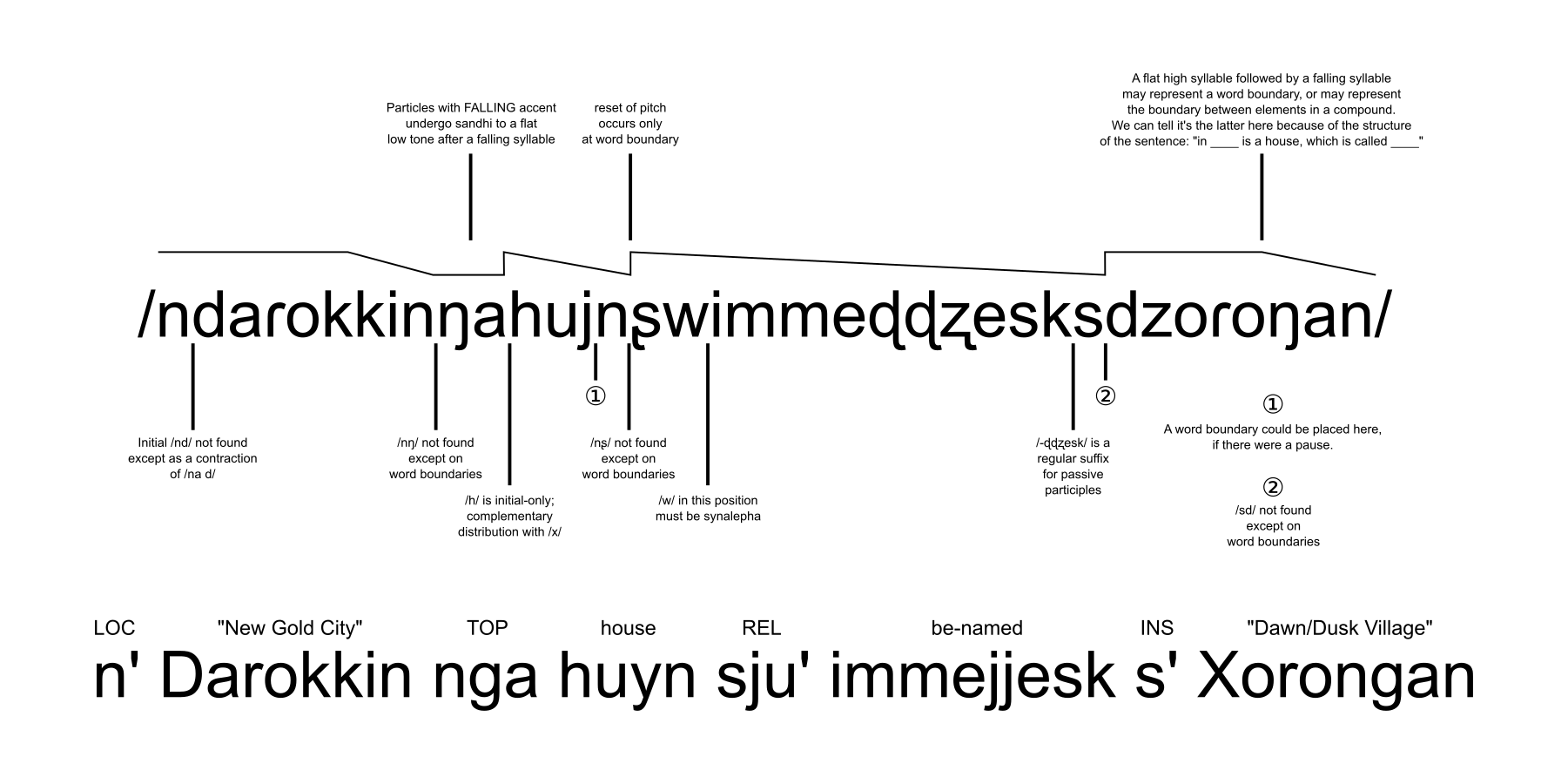Norwegian fаg (subject, discipline, etc) is cognate with English fack (sense: rumen) and Fach (method of classifying opera singers' voices), all from Proto-West Germanic *fak (division, compartment, period, interval), which is speculated to come from the PIE root *peh₂ǵ- (attach, fix, fasten) which also gives us words as diverse as fang, fast, propaganda, hapax and peace.
Å slutte (to end, stop, quit etc) from Low German sluten from Proto-Germanic *sleutaną (to bolt, lock, shut, close) which is where we get the word slot (sense: broad, flat wooden bar for securing a door or window) from. Believably from the PIE root *(s)kleh₁w- (hook, cross, peg; to close something) whence also words like close, clavicle, cloister and claustrophobia.
This being said, slutt datafаg is not really a normal way to say "graduate computer science". To me it reads more like commanding someone to "quit computer science!", more like dropping out than graduating, right? A more normal phrasing in my eyes might be, I dunno, å fullføre utdanningen sin i datafаg, "to complete one's education in computer science".


The few points I'd bring up are: